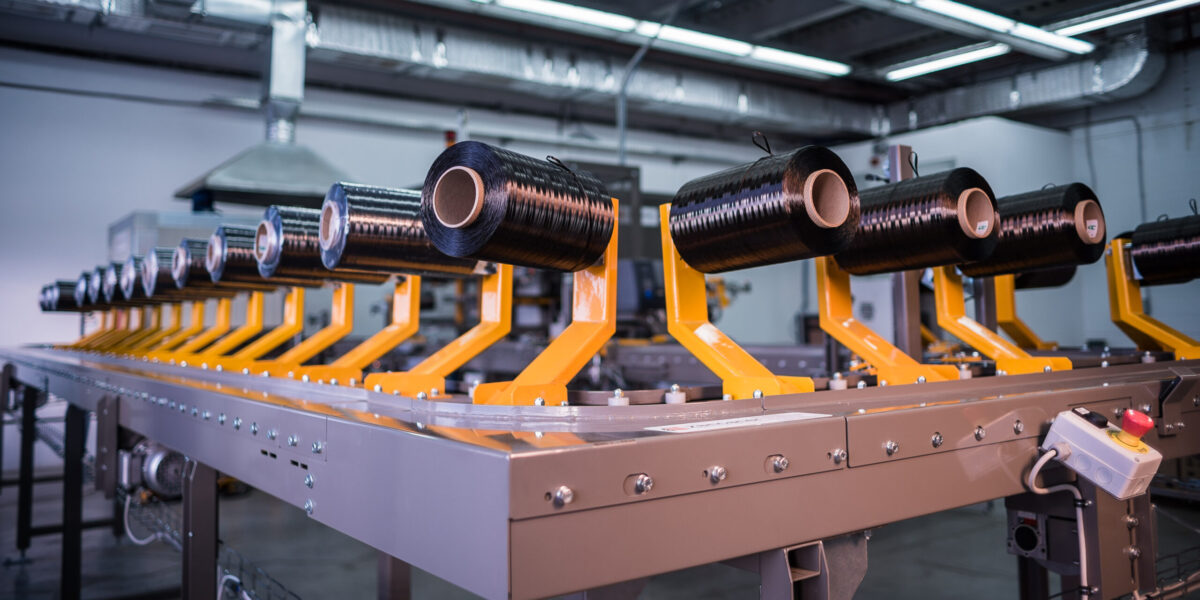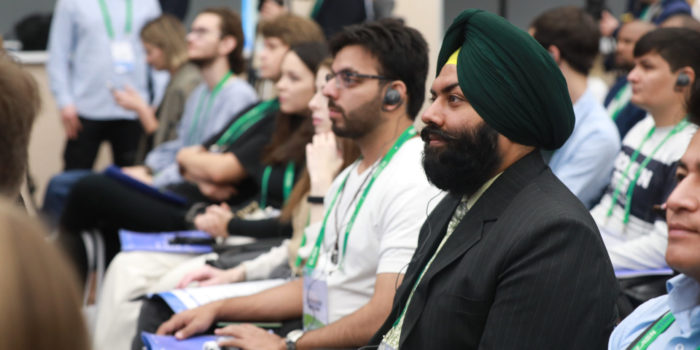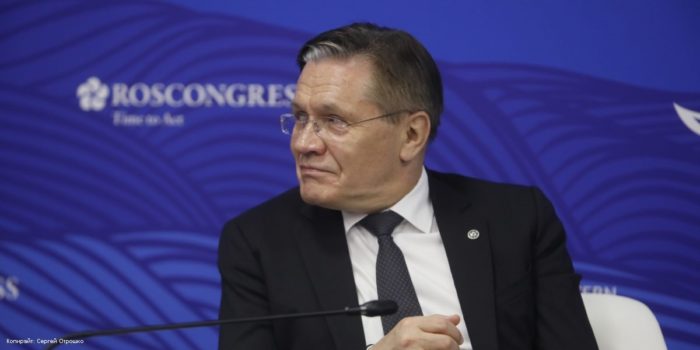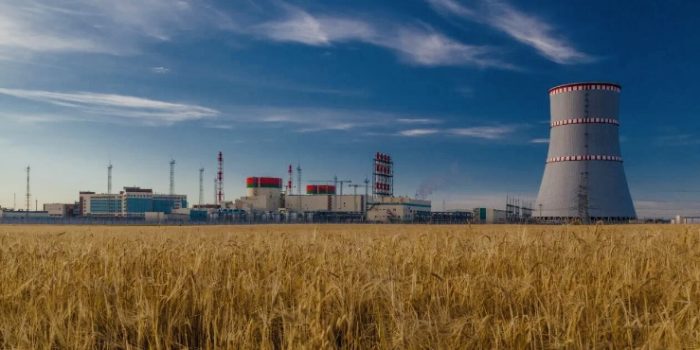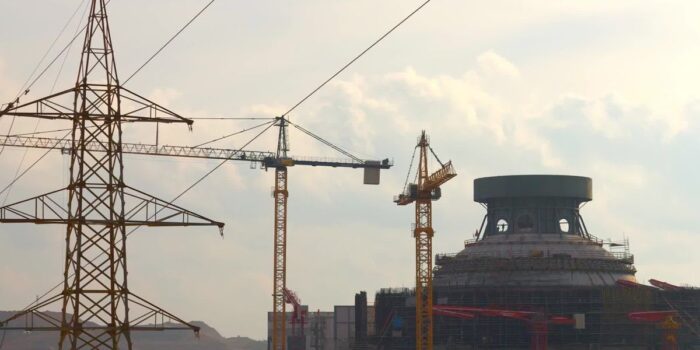N. E. Zhukovsky Central Aerohydrodynamic Institute (TsAGI) completed static tests of the MS-21 aircraft fin made of materials produced by Rosatom’s composite division based on Russian technologies.
At the first stage, TsAGI scientists conducted the initial cycle of endurance tests including the simulation of 10 thousand flights. After that they carried out static strength tests when the fin was exposed to beyond design loads. The results obtained demonstrated full compliance of the performances with the design.
“Over the past seven years, we have created a complete production chain for carbon fiber composites, the only one in Russia, the CIS countries and Eastern Europe, from crude oil to the MS-21 aircraft components. I am proud that the composite division makes a significant contribution to the development of the key project in the Russian aircraft industry,” said Alexander Tyunin, Director General, Rosatom’s composite division.
The results of the tests will be used in a certification report on the strength of the MC-21 fin. The next stage includes testing of the stabilizer made from Russian materials, as well as of domestically produced floors, doors, airstairs, windscreens and window glass of the passenger cabin of the aircraft.
Reference
Rosatom’s composite division is the leader in Russia in the production of PAN precursor, carbon and glass fiber, fabrics, prepregs and finished products based thereon. The Division includes a research center and manufacturing facilities with a complete production chain – from petroleum products to final products. The division comprises 29 companies, among which there are 15 factories in 16 regions of the Russian Federation.
In 2018, Rosatom’s composite division started its in-house production of composites for the wing, flap system components and tail unit of the MS-21 medium-range aircraft. This challenging task, which required significant investments in scientific and manufacturing developments, made it possible to begin production of carbon fibers and binder resins in Russia.
Russian companies are successfully implementing import substitution projects and programs, forming new technological clusters and working out innovative solutions. The development of breakthrough technologies increases the national economic competitiveness. Rosatom and its companies are actively involved in this work.

